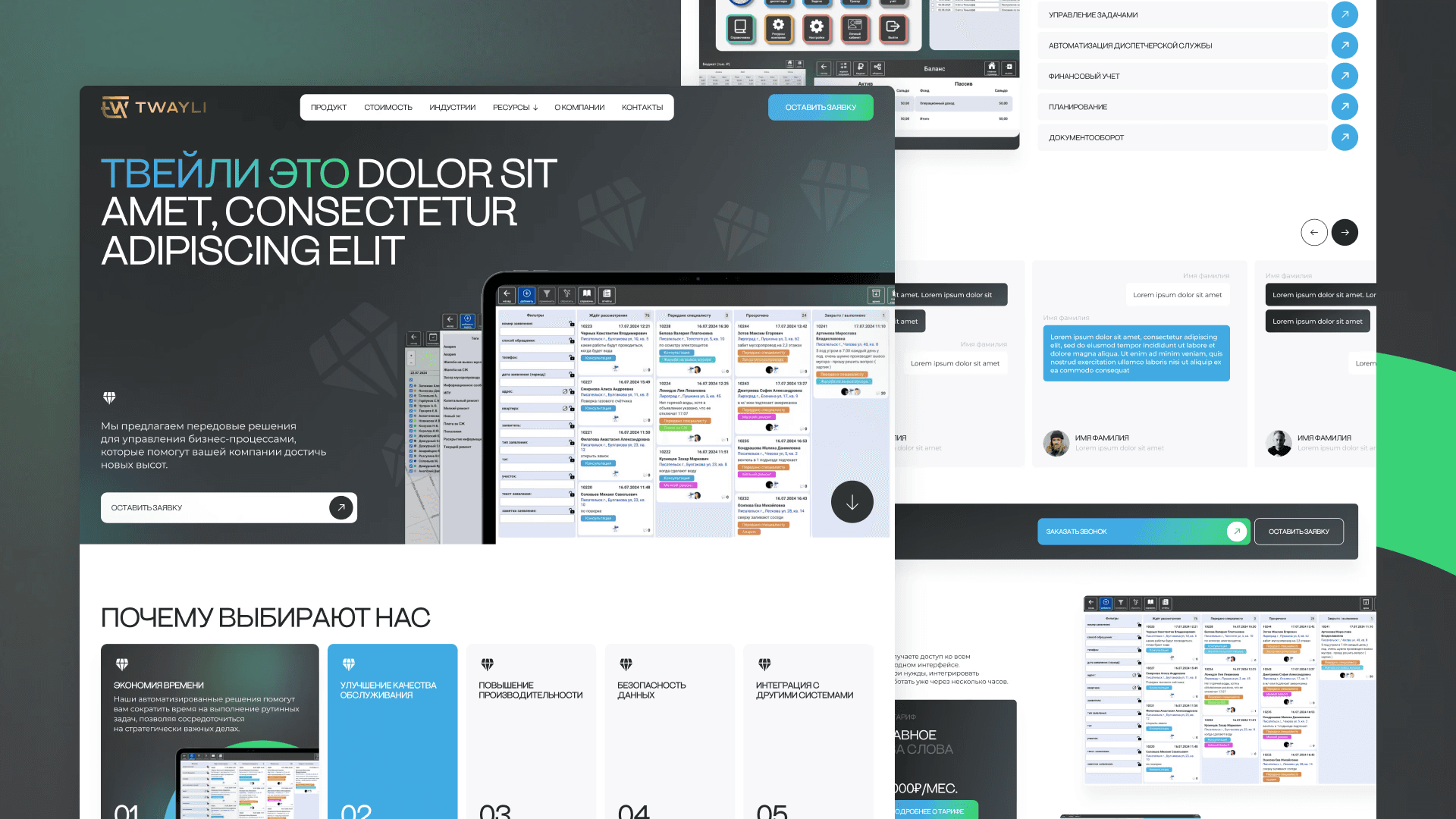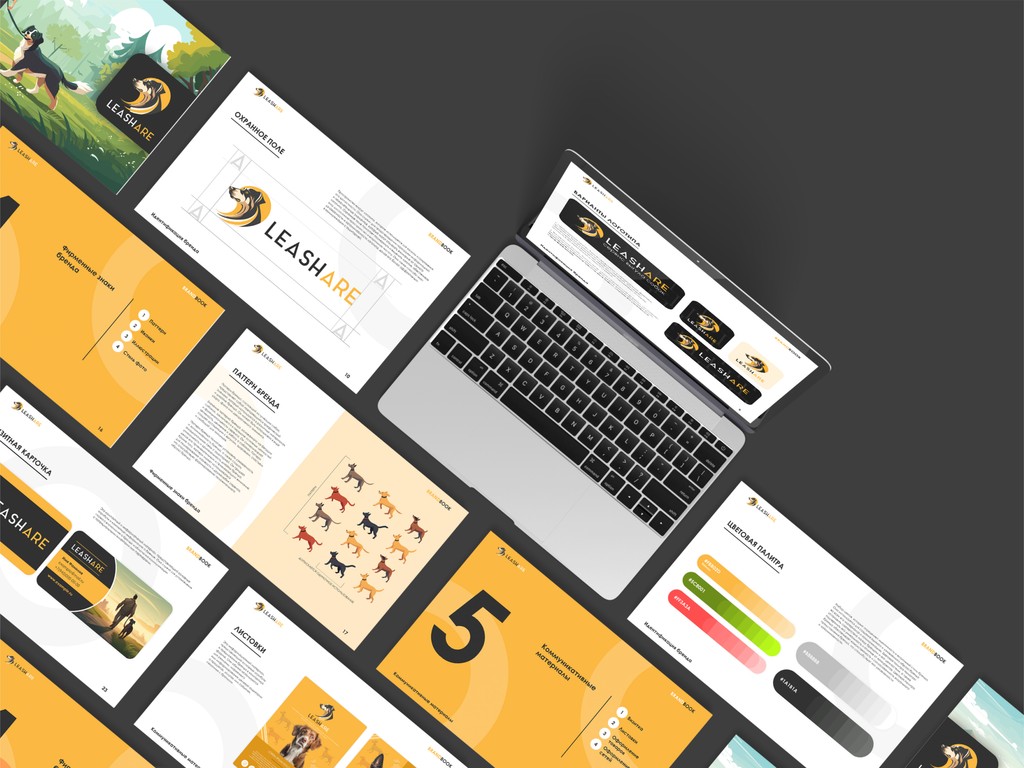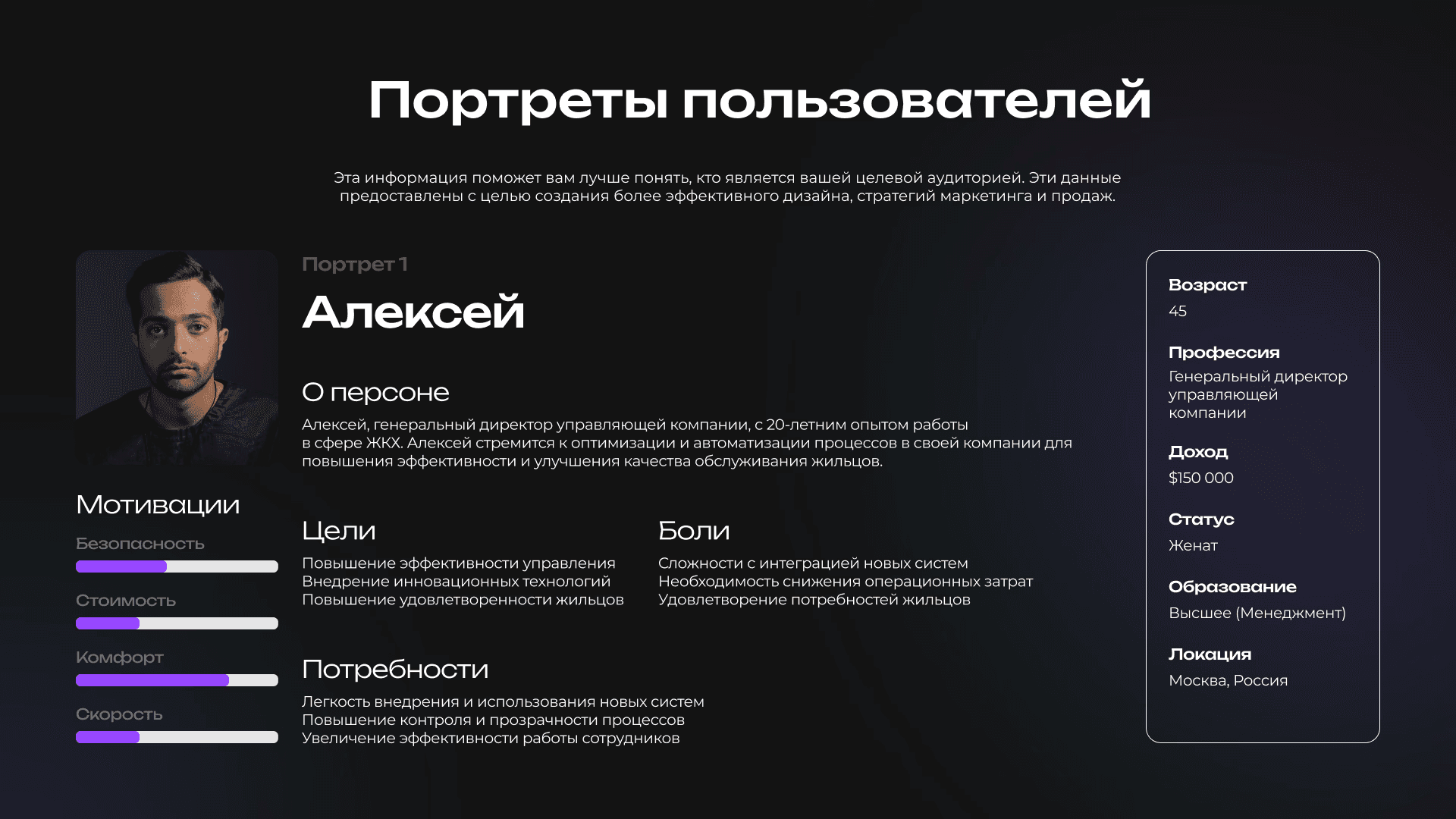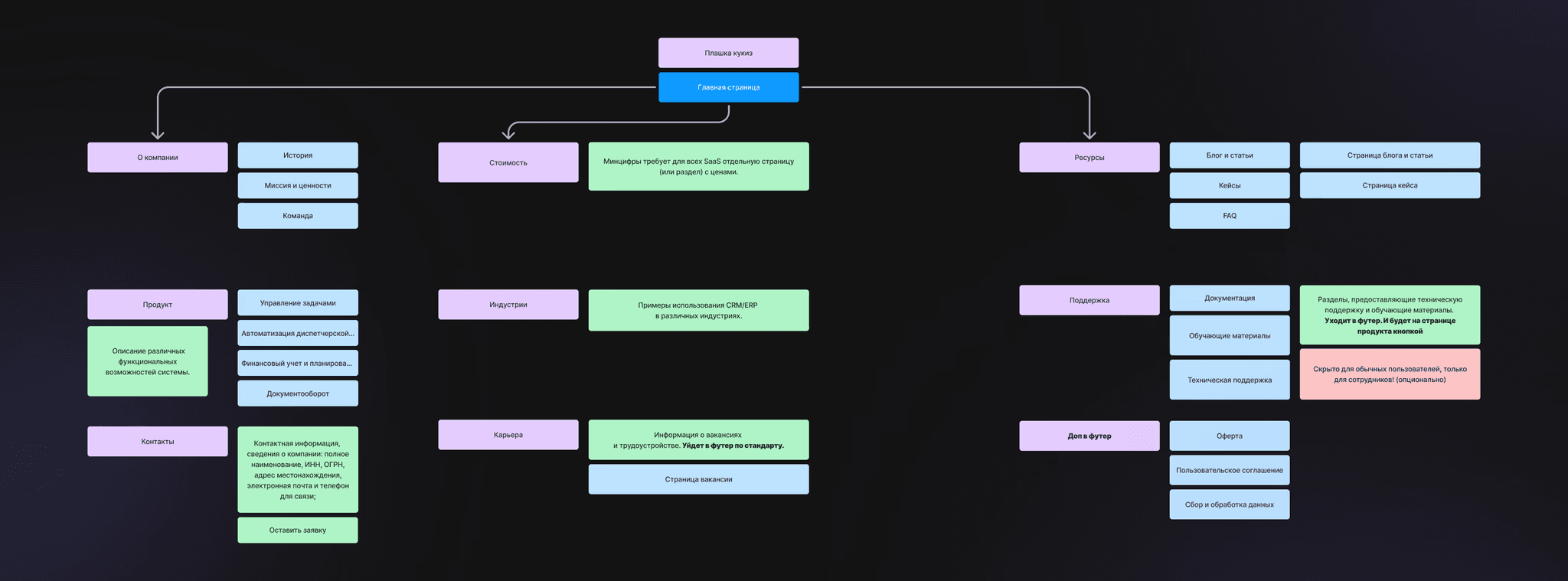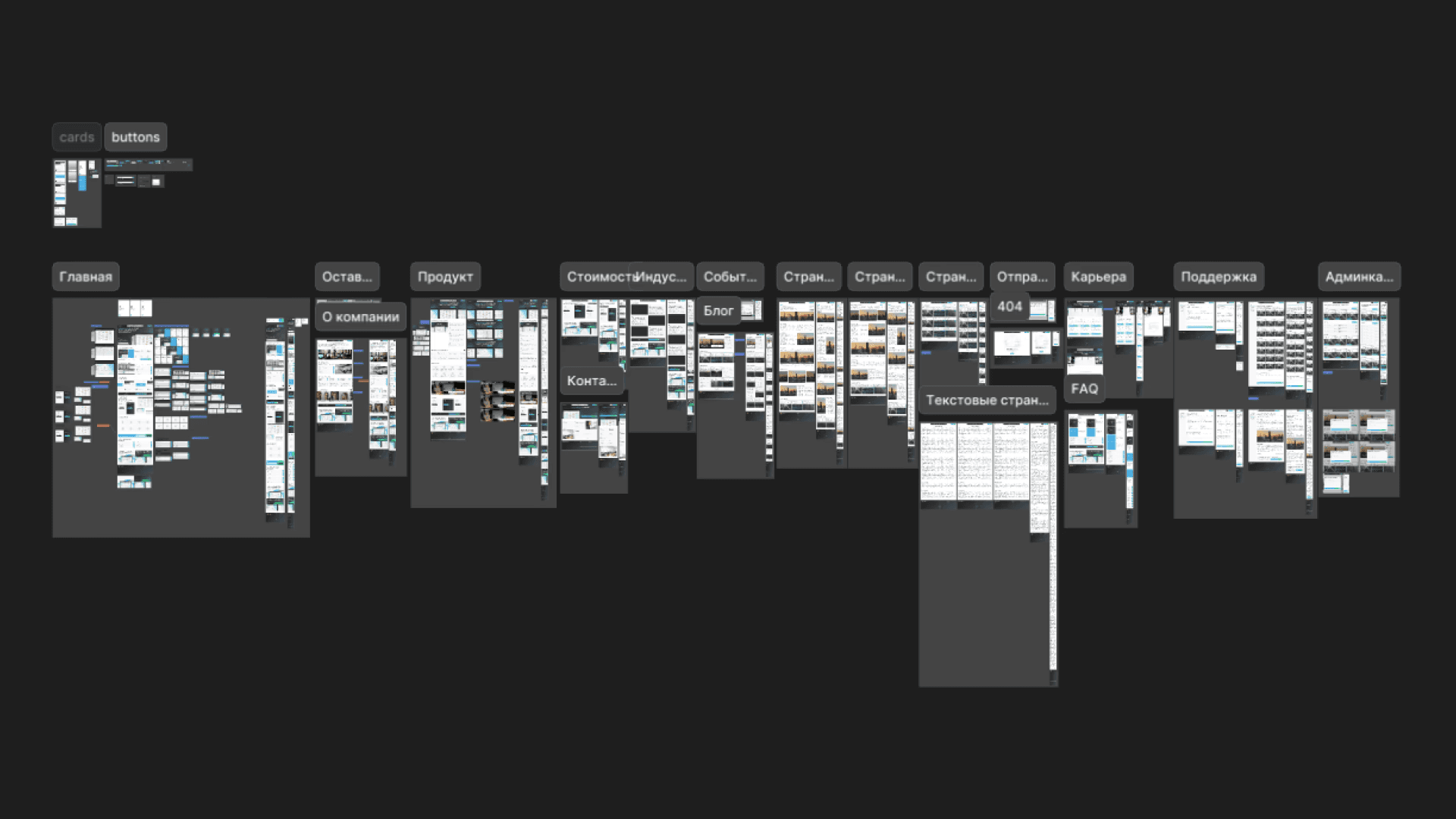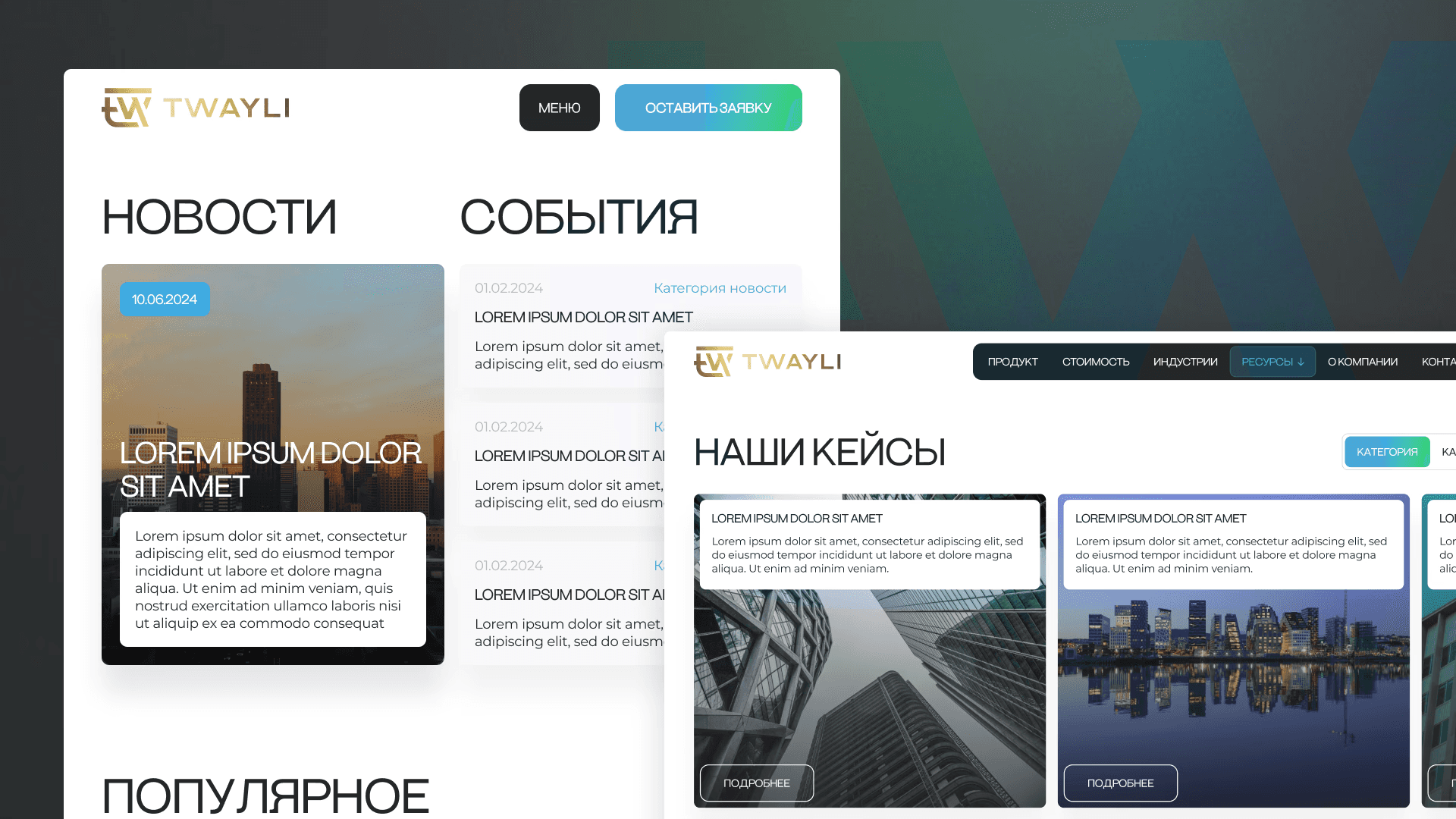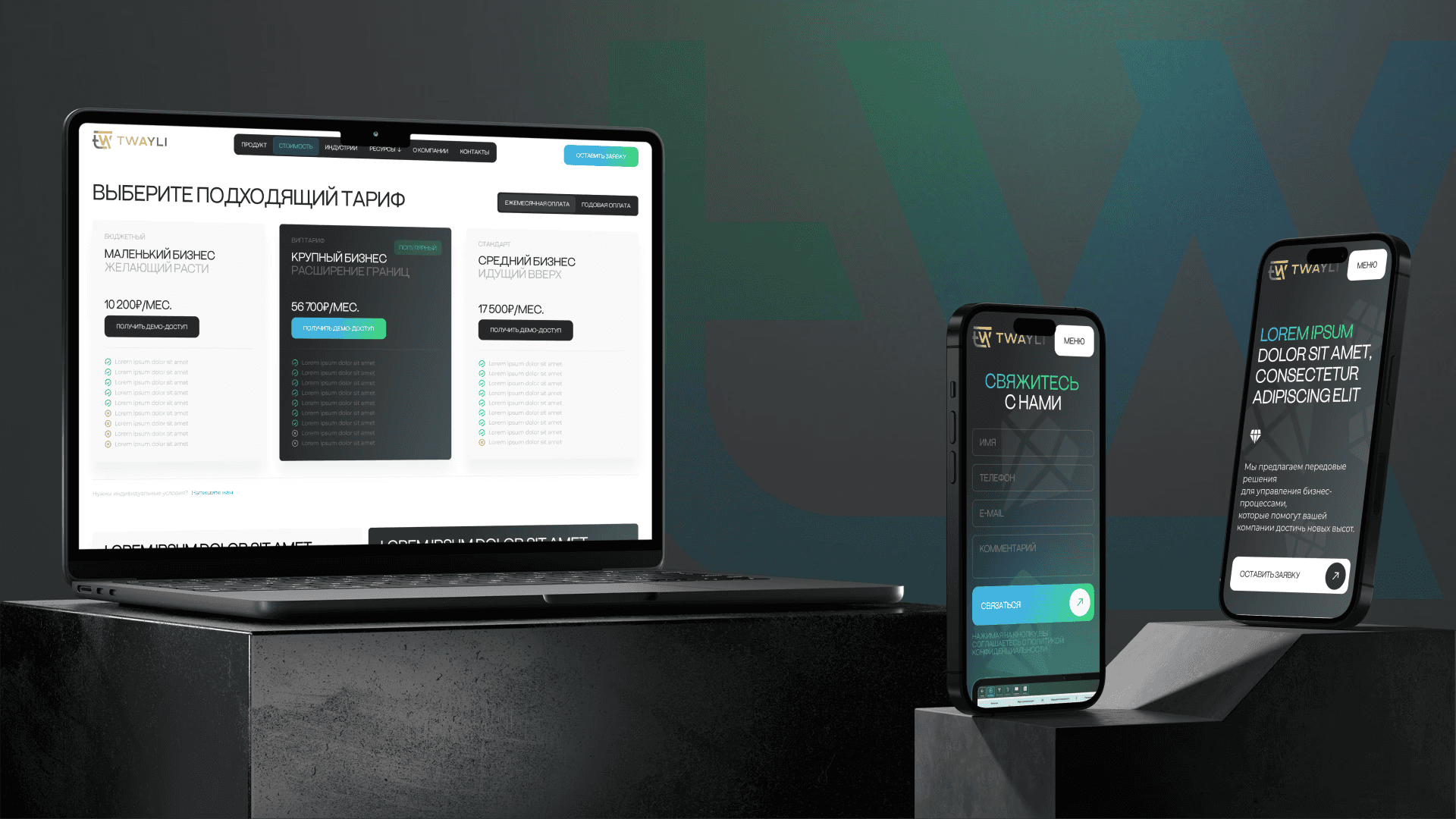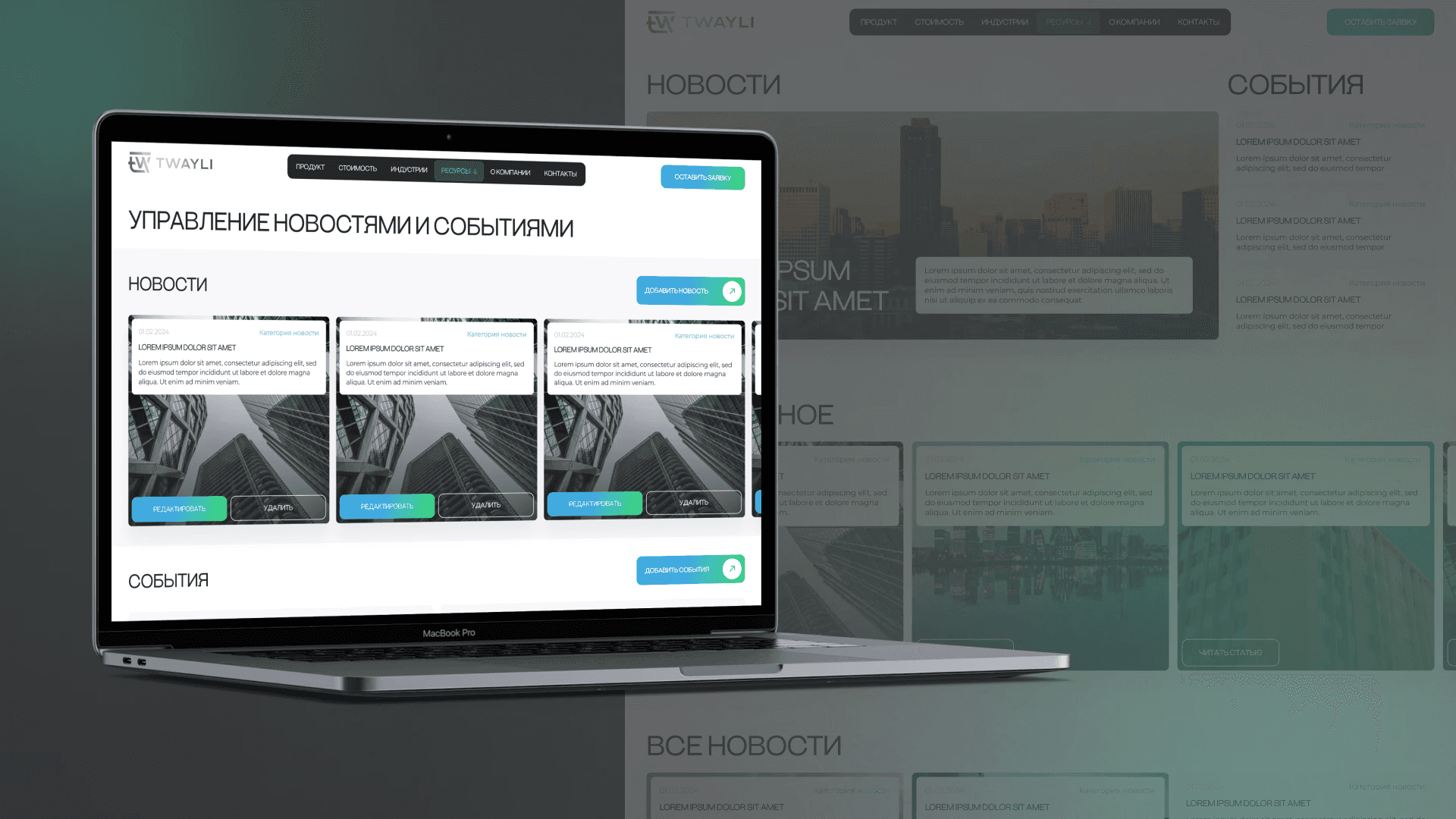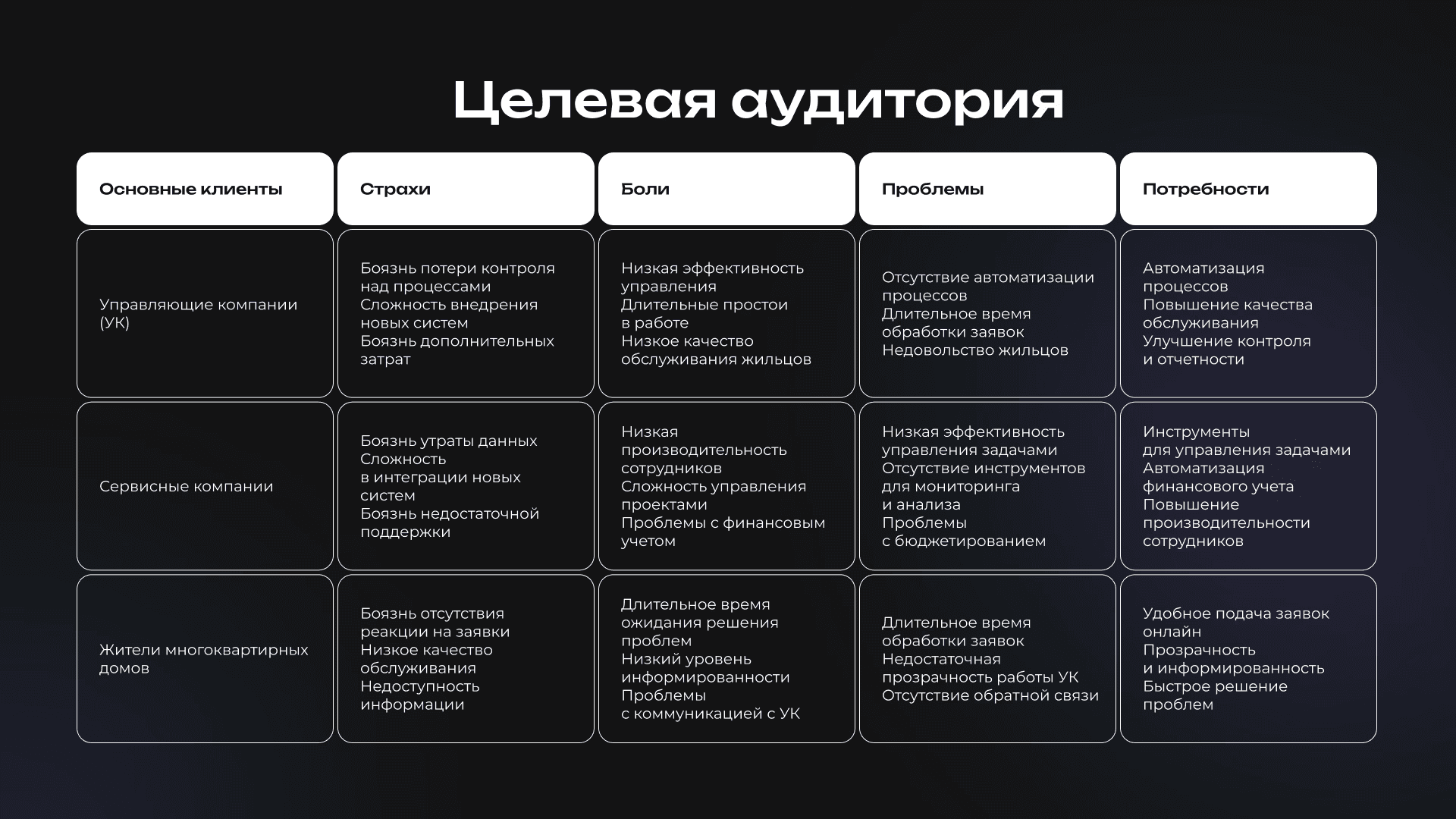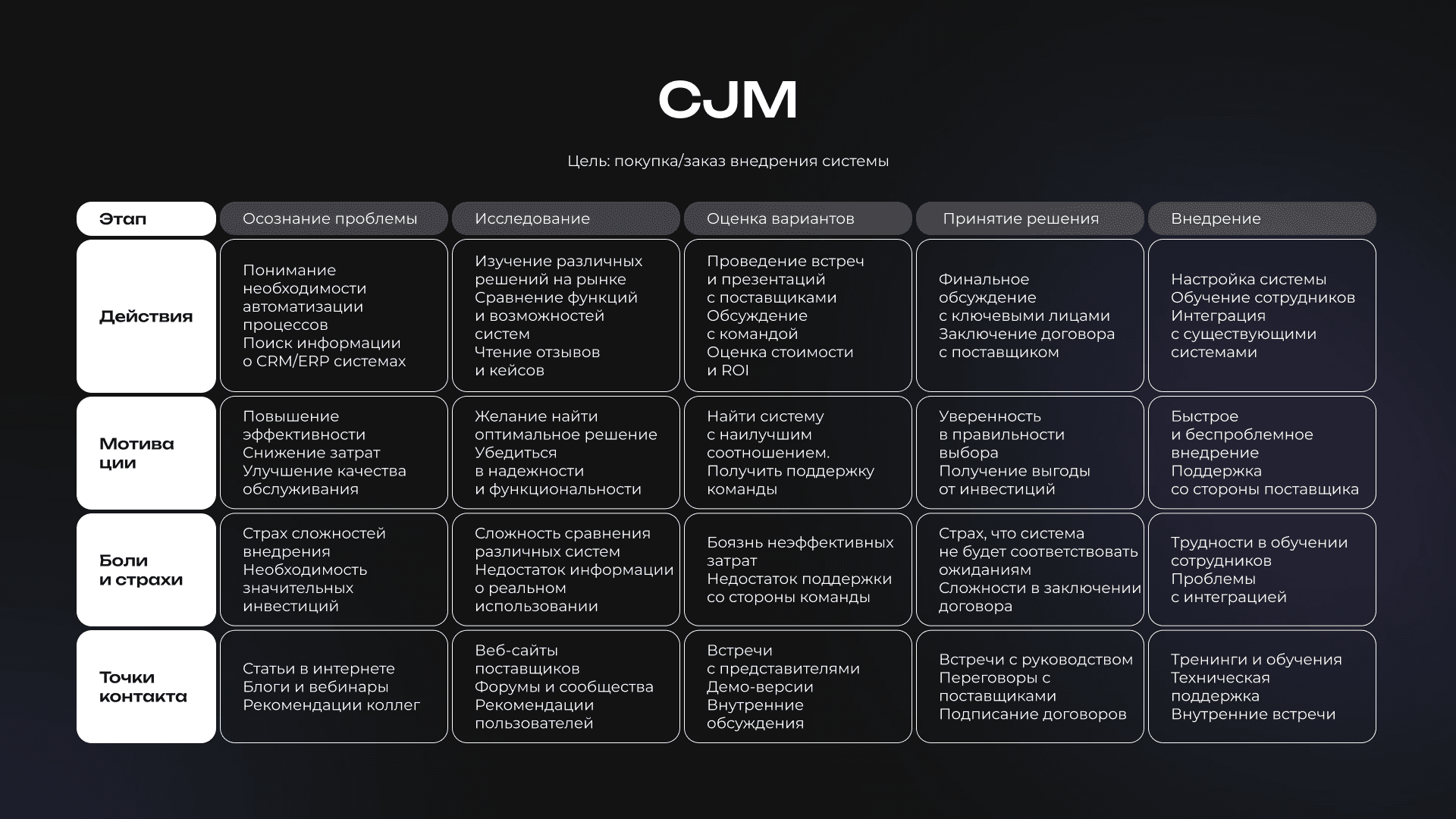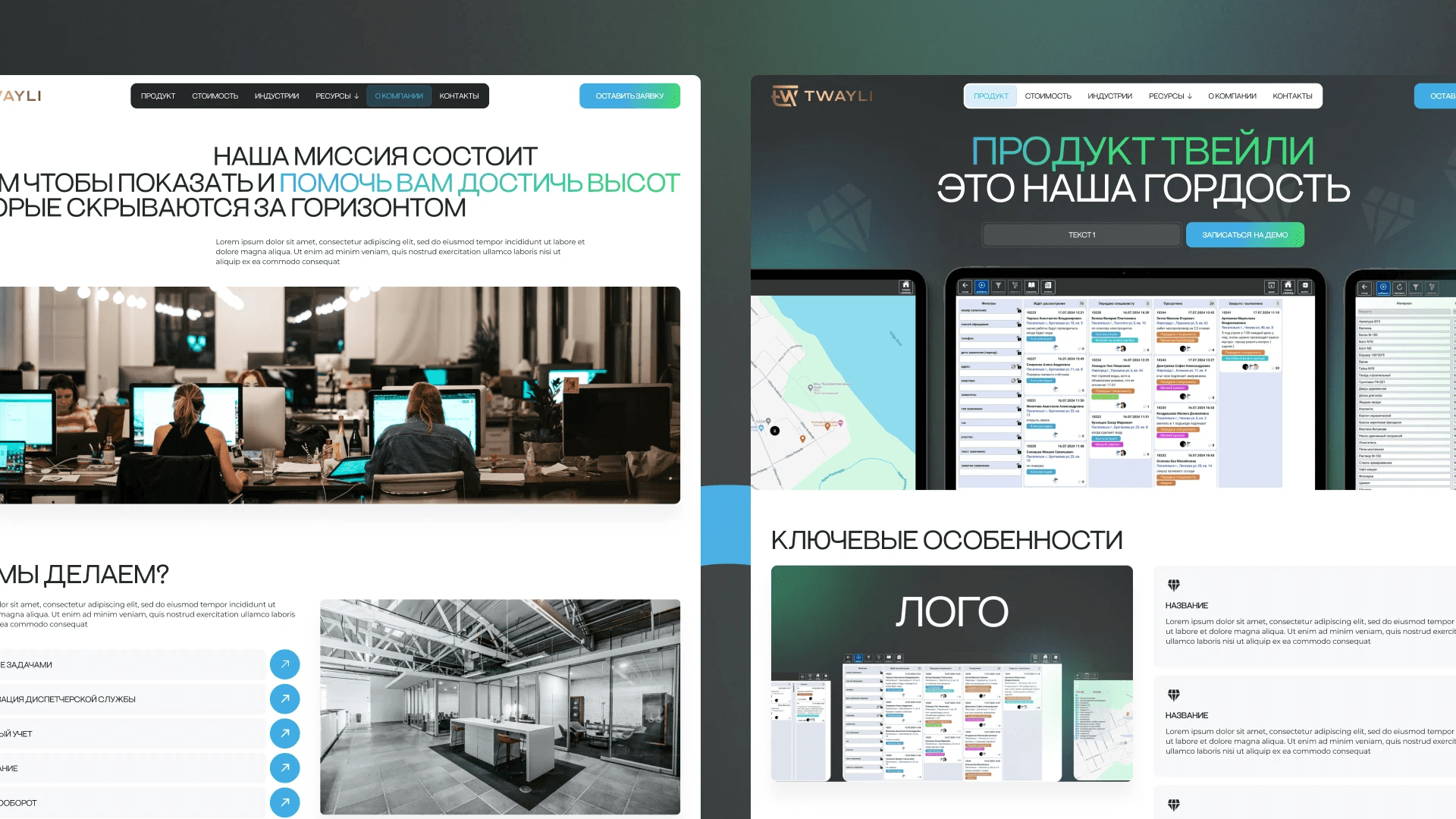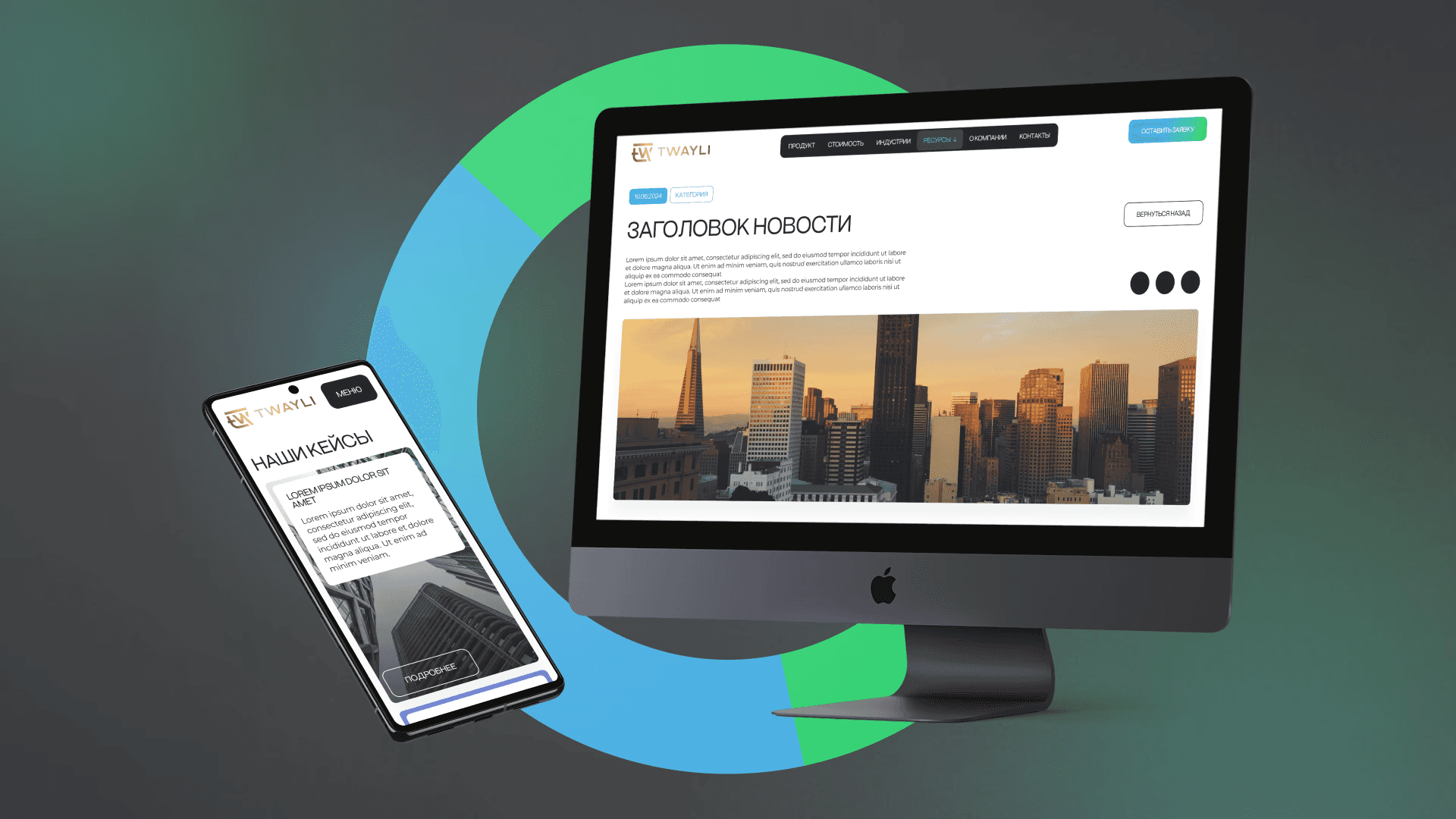TWAILY
Comprehensive development of a corporate website for a company that provides advanced solutions in the field of CRM and ERP. The project included UX research, concept development, and UX/UI design to create a user-friendly and efficient website that meets the needs of both B2B and B2C audiences.
Client
Twayli is a company that offers innovative solutions for managing business processes aimed at improving the efficiency of management companies and enhancing customer service.
Business goals
Development
Develop a website from scratch that will attract new clients and provide information about the product for both B2B and B2C segments.
Informational
Provide informational support for existing users of the system.
Tasks
The diversity of user requests
Problem
Website users represent a wide range of audiences with varying technical backgrounds and different levels of awareness about CRM/ERP systems.
Solution
Develop several categories of pages, each of which will be tailored for different user levels: from beginners to professionals.
Lack of web presence
Problem
The company did not have a website to convert potential clients and provide information about its products.
Solution
Create informative and commercially oriented pages that both attract new customers and inform existing ones.
Diverse needs of the target audience
Problem
The diversity of audiences required the adaptation of the content and structure of the site for different types of users, from management companies to end consumers.
Solution
An intuitive website structure with clear content differentiation for different types of users, including managing companies, service companies, and end users (residents of buildings).
User Research
and Insights
Target audience
Management Companies
Goal: Optimize the processes of managing residential and commercial properties.
Pain Points: Inefficient tools for managing orders and services, need for integration with CRM/ERP.
Service Companies
Goal: Simplify internal processes and interaction with management companies.
Pain Points: Difficulties in organizing work and ensuring quality services for end users.
Residents of houses
Goal: Convenient access to services, improved communication with management companies.
Pain Points: Long wait for a response from management companies, lack of transparency.
Design solutions
Intuitive site structure
Action: A multi-level site structure has been developed, allowing users to easily find the necessary information, regardless of their level of technical expertise.
Result: Users can now find the desired sections and features more quickly, which has improved the overall experience of interacting with the site.
Commercially oriented design
Action: Pages optimized for increasing conversions, calls to action added, and user-friendly forms for requesting a product demonstration have been implemented.
Result: The number of requests for product demonstrations and consultations through the website has increased.
Adapting content for different types of users
Action: Various pages have been created that are adapted for B2B and B2C audiences.
Result: Diverse target groups gained access to personalized content, which increased user satisfaction and engagement.
Adaptive design
Action: Developed a responsive design that displays correctly on all devices, including desktop computers, tablets, and mobile phones.
Result: The website became accessible to users on different devices, which increased the number of visits from mobile devices.
Design strategy
Main directions
Intuitive navigation
A simplified structure for different types of users.
Conversion elements
The implementation of effective elements to increase the conversion of visitors into potential clients.
Content adaptation
A personalized approach to delivering information for various target audiences.
Adaptive interface
Universal design for proper display on all types of devices.
Project results
Conversion growth
The number of requests for product demonstrations increased by 25% after the launch of the new website.
Improving engagement
The time spent on the site increased by 15%, and the number of pages viewed per user increased by 10%.
SEO optimization
SEO indicators have significantly improved, leading to a 20% increase in organic traffic.





